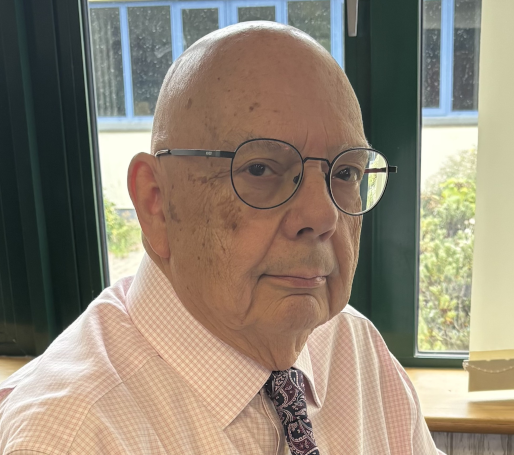
- Contact Us
Headteacher
Chris Coyle-Chislett
Email the Office
secretary@penpol.cornwall.sch.uk
Telephone Number
01736 753472
Our Address
2 St George’s Road, Hayle,
Cornwall, TR27 4AH
Headteacher
Chris Coyle-Chislett
Email the Office
secretary@penpol.cornwall.sch.uk
Telephone Number
01736 753472
Our Address
2 St George’s Road, Hayle,
Cornwall, TR27 4AH

Governance works in partnership with all the Trust’s employees (teachers, classroom assistants, support staff, leaders) to deliver the best outcomes for every pupil and their families, through outstanding teaching and providing first class facilities.
The main responsibilities are:
Academies are non-profit making charitable trusts who receive public funding from the government in the same way as local authority schools.
The day to day running of the Trust’s schools is the responsibility of the Chief Executive Officer (CEO), the Trust’s senior leaders and Headteachers. Policies and procedures are used to ensure there is coherence across the whole Trust – and part of governance’s role is to monitor how effectively these policies are being applied.
The government – through the Department of Education – sets out the legal framework within which the Trust’s governance must operate, the requirements for how governance is to be organised, and the various standards it must meet including:
These are set out in the Trust’s Articles of Association and in the Academy Trust Handbook.
To meet all these responsibilities the Trust has developed a framework for governance which now includes:
The Trust’s three tiers of governance all work together to meet the overall responsibilities – but each tier has a different focus. All three tiers are volunteers but their work is supported by paid governance professionals and other Trust employees.
The Board of Trustees is the main decision-making body and is ultimately responsible in law for the management and operation of the whole Trust. Their main focus is ‘the big picture’ – the Trust as a whole.
They hold the CEO accountable for the performance of all aspects of the Trust and its employees – in particular the outcomes and wellbeing of every child attending a Trust school. They do this by regularly receiving reports from the Director of Education, reviewing plans and progress, and asking questions.
They set the strategic direction of the Trust by approving and monitoring a Trust development plan with key priorities on how to develop and improve the Trust, and agreeing budget plans.
The Board of Trustees have established two committees who focus on two key areas:
Finance, Audit and Risk (FAR)
focus on ensuring the Trust is compliant with legislation, spends public money effectively and minimises all risks.
School Improvement and Governance (SIG)
focus on all aspects of school improvement and outcomes for every pupil.
Both committees meet every half term and report to the full Board.
Budgets are monitored at half-termly Board meetings and by the FAR committee.
The second tier of governance is at school level – where each school has its own LGC. These are a committee of the Board of Trustees and their focus is on a single school and its various ‘stakeholders’ – pupils, parents and staff.
Their main responsibilities are:
LGCs meet half-termly and individual governors make regular monitoring visits to their school and report back to their colleagues.
LGC Chairs meet as a group on a regular basis and this is an opportunity to feed back to the Chair of the Board and the CEO on a wide range of issues, and be kept informed of future plans and developments.
The third tier of governance is the small group of Members whose main responsibility is to maintain an overview of how effective governance is working overall – but in particular how effective the Board of Trustees is in meeting their responsibilities.
They achieve this by meeting every term with the Chair of Trustees and the CEO to receive an update and ask questions. They also appoint the majority of Trustees to their four year term of office.

This page was last updated 4 months ago